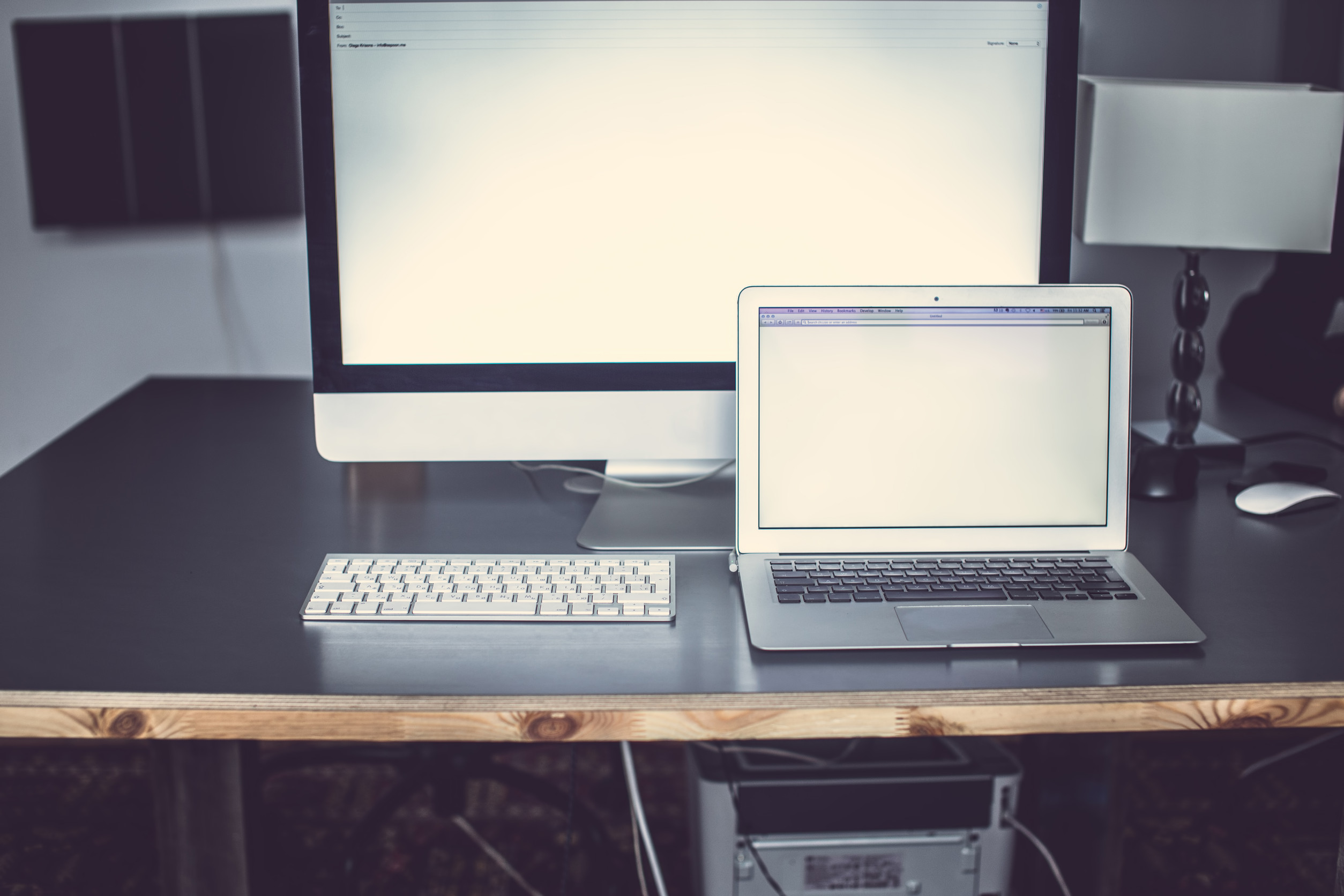BY THE OPTIMIST DAILY EDITORIAL TEAMThese days, it can be tempting to ditch your current device for the shinier, newer, faster upgrade. But a slow machine doesn’t always mean it’s time for a replacement, and there are a lot of reasons to hang onto our devices longer, not just out of practicality but also out of principle. With a little time and effort, you can refresh and repurpose your existing setup, saving money and reducing electronic waste in the process.
Tidy up your systemIf your computer is starting to feel sluggish, a little digital housekeeping can go a long way. Start by uninstalling any applications you no longer use. Removing unnecessary programs not only frees up space but also reduces background processes that can bog down performance.

Next, take a look at what’s starting up with your system. Both Windows and macOS allow you to manage startup apps with just a few clicks. Limiting these can reduce strain on your memory and processing power, helping your computer boot faster and run more smoothly.
Also, consider clearing out old files and making room on your hard drive. More available storage means your system has space to operate efficiently, and your operating system can manage files and updates more effectively. Think of it as decluttering your digital closet—less mess, more room to breathe.
Upgrade only what you needIf your computer’s still dragging, a simple upgrade might be all it takes to breathe new life into it. This can be a smart middle ground between sticking with a struggling machine and buying a brand-new one.Adding more RAM (memory) or swapping out an older hard drive for a solid-state drive (SSD) can make a dramatic difference in performance.
These upgrades are typically most feasible with desktops and some Windows laptops, and they cost a fraction of what you’d spend on a new system.Even something as simple as investing in an external hard drive to offload large files can help improve your system’s speed and longevity. Before you upgrade, check your device’s specs and consult online guides to see what’s possible.
Consider a new operating systemIf your computer’s hardware still works but it’s struggling under the weight of a modern operating system, you can try installing something lighter and more efficient. This can dramatically extend its usefulness.Linux is a popular option, offering free, lightweight distributions like Lubuntu that are designed specifically for older machines.
Another alternative is ChromeOS Flex, which transforms an aging Windows or Mac device into a streamlined Chromebook-style system.Both Linux and ChromeOS Flex are free, but they require you to erase your existing system. Be sure to back up your files first.
If most of your activity happens in a web browser anyway, these systems offer a minimalist, fast solution.Give your computer a new purposeEven if your old laptop or desktop isn’t up to the demands of everyday use, it may still be perfect for a more focused role. One great option? Turn it into a media server using programs like Plex or Emby, so it can stream music and movies to your other devices.
Alternatively, repurpose it as a dedicated writing machine. If it’s no longer receiving security updates, keep it offline and install a word processor for distraction-free work. Add a USB stick for saving and transferring your files, and you’ve got a minimalist, effective setup.
While repurposing doesn’t eliminate the need for a new device, it does reduce e-waste and gives your old hardware a meaningful second life.Extending the life of your computer isn’t just about saving money— though that’s a big plus. It’s also a way to reduce your environmental footprint and make the most of the tech you already own.
With a little effort and a few smart choices, your old computer might still have a lot left to give.The post How to keep your old computer running longer (and save money doing it) first appeared on The Optimist Daily: Making Solutions the News..
Environment

How to keep your old computer running longer (and save money doing it)

BY THE OPTIMIST DAILY EDITORIAL TEAM These days, it can be tempting to ditch your current device for the shinier, newer, faster upgrade. But a slow machine doesn’t always mean it’s time for a replacement, and there are a lot of reasons to hang onto our devices longer, not just out of practicality but also [...]The post How to keep your old computer running longer (and save money doing it) first appeared on The Optimist Daily: Making Solutions the News.















